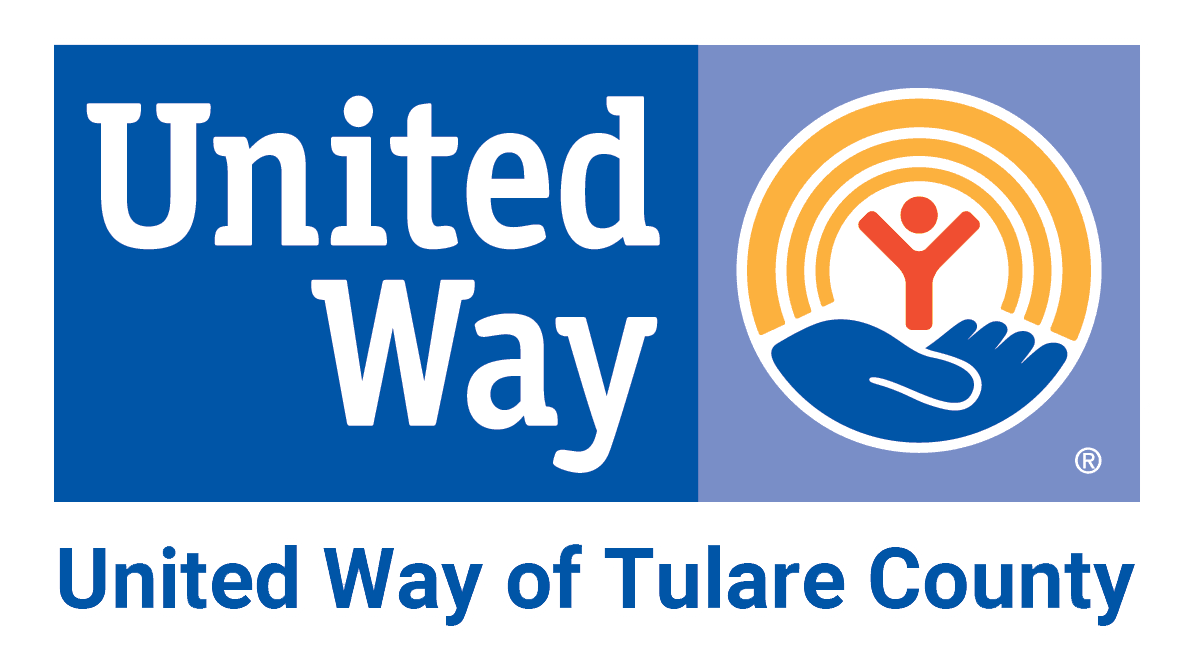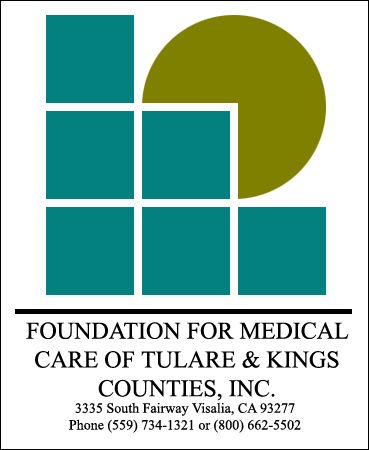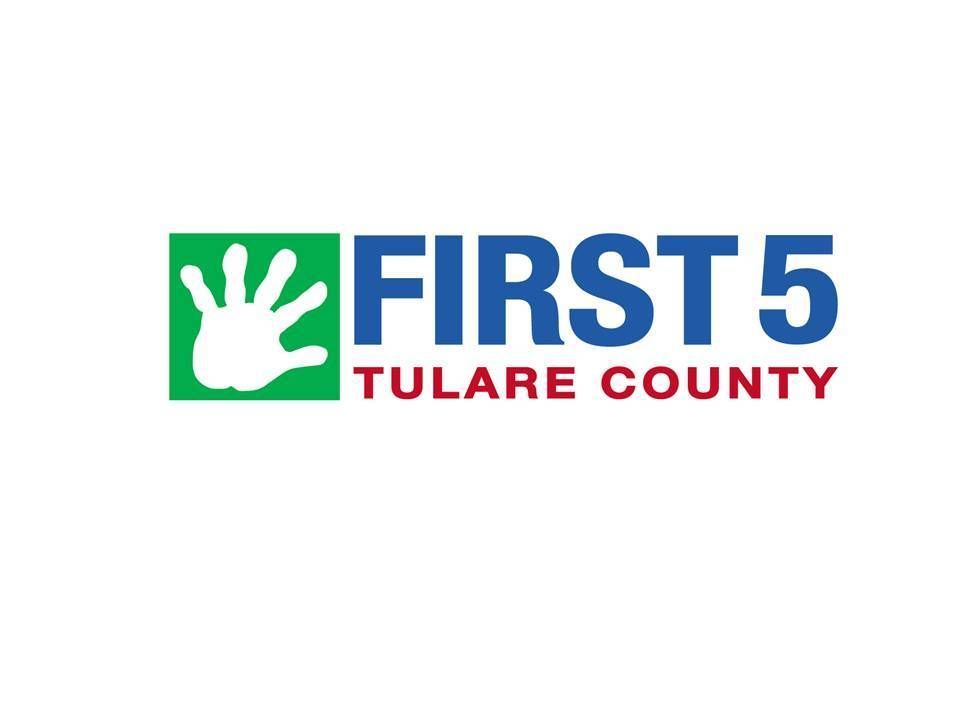
At Freedom House, Family Services offers a continuum of services for victims of Commercial Sexual Exploitation of Children (CSEC), labor trafficking, and sex trafficking. In this blog post, Family Services therapist Shawna Curry, AMFT, answers some frequently-asked questions about human trafficking and CSEC.
If you or someone you know needs our help, please call our 24-hour Sexual Assault Hotline at 559-732-7273 or 559-784-7273, or reach out to the National Human Trafficking Hotline at 1-888-373-7888.
Q: What is Human Trafficking?
A. Human trafficking is modern day slavery. It can be broken down into the act, how it is done, and why it is done.
- The act of human trafficking includes recruitment, transportation, transfer, harboring or receipt of persons.
- How it is done is through force, fraud, or coercion to obtain either labor or sex acts. Examples of the force component include physical abuse or assault, or confinement. Examples of the fraud component incluide false promises of work, living conditions, withholding promised wages, or contract fraud. Examples of coercion include threats of serious harm; any scheme, plan, or pattern intended to cause a person to believe that failure to perform the act would result in serious harm; and abuse or threatened abuse of the legal process.
- It is done to exploit people for financial gain.
Q: What is Commercial Sexual Exploitation of Children (CSEC)?
A: Any person under the age of 18 who engages in sexual acts for goods or services is considered a CSEC youth. The components of force, fraud or coercion do not need to be present to be considered CSEC like they do for adult victims of sex trafficking.
Q: Who is at risk for CSEC?
A: Any youth is at risk, but there are factors that increase their risk. The average age for entry into CSEC is 12-14 years old, and many of the youth come from vulnerable populations. Some risk factors include: prior history of abuse, parental abandonment, runaway history, poverty, involvement in the CWS, identifying as LGBTQ, physical and or mental disability, family or early substance abuse, unaddressed trauma, and many more. This is not an exhaustive list and cannot determine whether or not someone will be a victim, but instead these are factors that increase risk. Having one supportive adult in a child’s life is sometimes all it takes to reduce the risk factors.
Q: Are children who are trafficked usually part of a large trafficking ring?
A: They can be, but what we see more often is youth that are being trafficked by a single trafficker. The youth aren’t typically identifying their trafficker as a predator either, unfortunately they will use terms such as their “boyfriend.”
Q: Does CSEC really happen here in Tulare County?
A: Yes. It can happen anywhere and Tulare County is not exempt from that. There are 20.9 million victims of human trafficking globally, and 26% of those victims are children.
Q: As parents or community members, what can we do to keep children in our community safe from trafficking?
A: Have candid and age-appropriate conversations with your children about human trafficking. This can begin with talking about appropriate relationships that your children develop online and in person, and to stress the importance of not interacting with strangers online. Discuss Internet safety, such as what information your children are sharing on social media. When children are using social media and other online platforms to vent, they are at risk of being contacted by a trafficker. Remind your children that they can always come to you to discuss their feelings, when they are threatened, or when they need emotional support. While discussing human trafficking and providing a safe and supportive environment for your children is going to be a huge protective factor, there is still more you can do. Utilize parental controls on any device that your child has online access. This can include gaming consoles as well.
If you don’t have a child but still want to help keep children safe in your community, there is still a lot you can do. There are volunteer opportunities where you can be the supportive adult in a child’s life.
Q: What should I do if I am concerned about a child I know?
A: If you are concerned about a child you know you should try and provide that safe and supportive environment where, if they choose, they can talk to you about what they are going through. If you can’t do that, you should reach out to get the youth some support. There is the National Human Trafficking Hotline, 1-888-373-7888, which can get you connected to resources. You can also reach out to Family Services Freedom House at 559-429-4359 to connect the youth to services.
Q: What does The Freedom House do?
A: The Freedom House is a department of Family Services and has various services to help adolescents and adults who are either at-risk of human trafficking or who have been identified as victims/survivors of human trafficking. We have a youth drop-in center that provides a safe place for youth to come to get different services or to engage in activities that help them build coping skills and life skills. For youth ages 12-18 and youth that are still involved in the foster care system from the ages of 18-23, they can speak with an advocate, get emergency items, participate in a creative processing group, and even receive therapeutic services. Adults that are victims/survivors of human trafficking can speak with an advocate to receive emergency items, advocacy with other systems, therapeutic services, and assistance with developing healthy relationships to learn to thrive.



